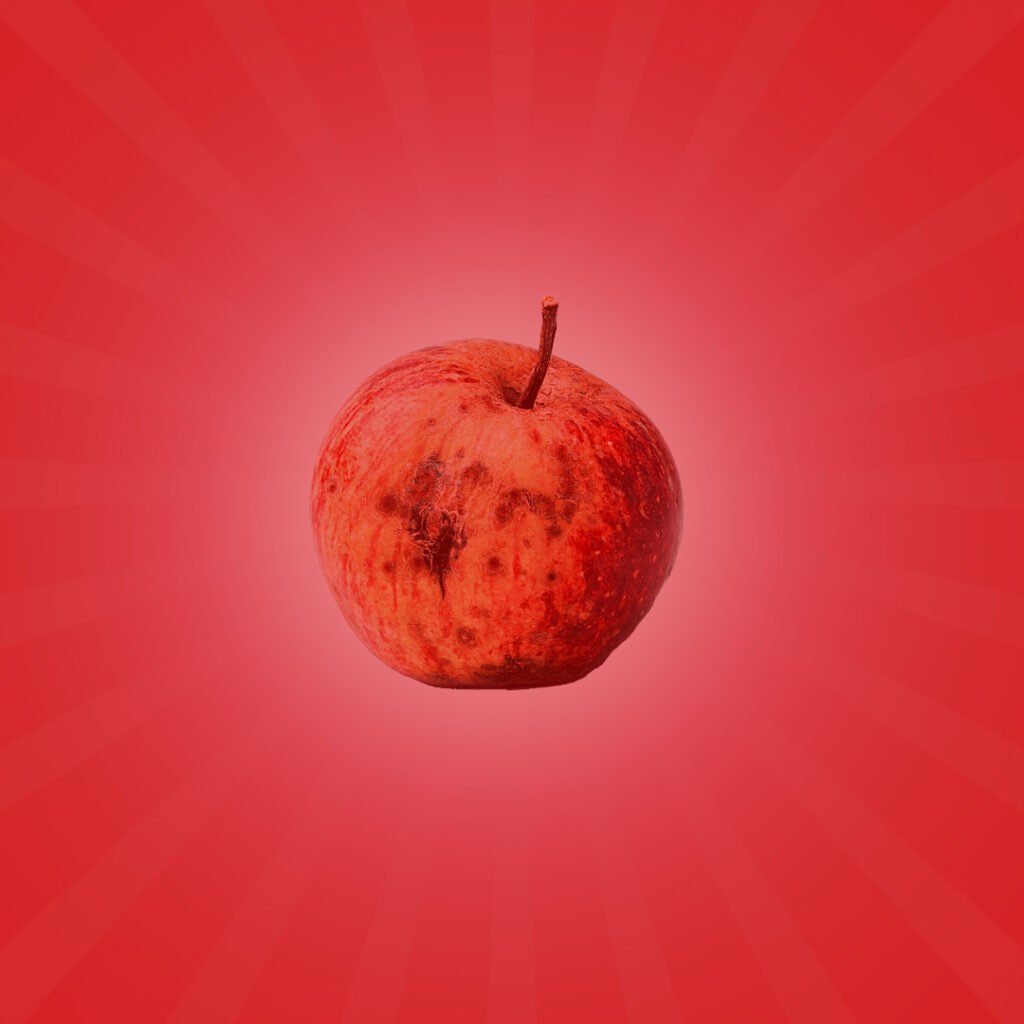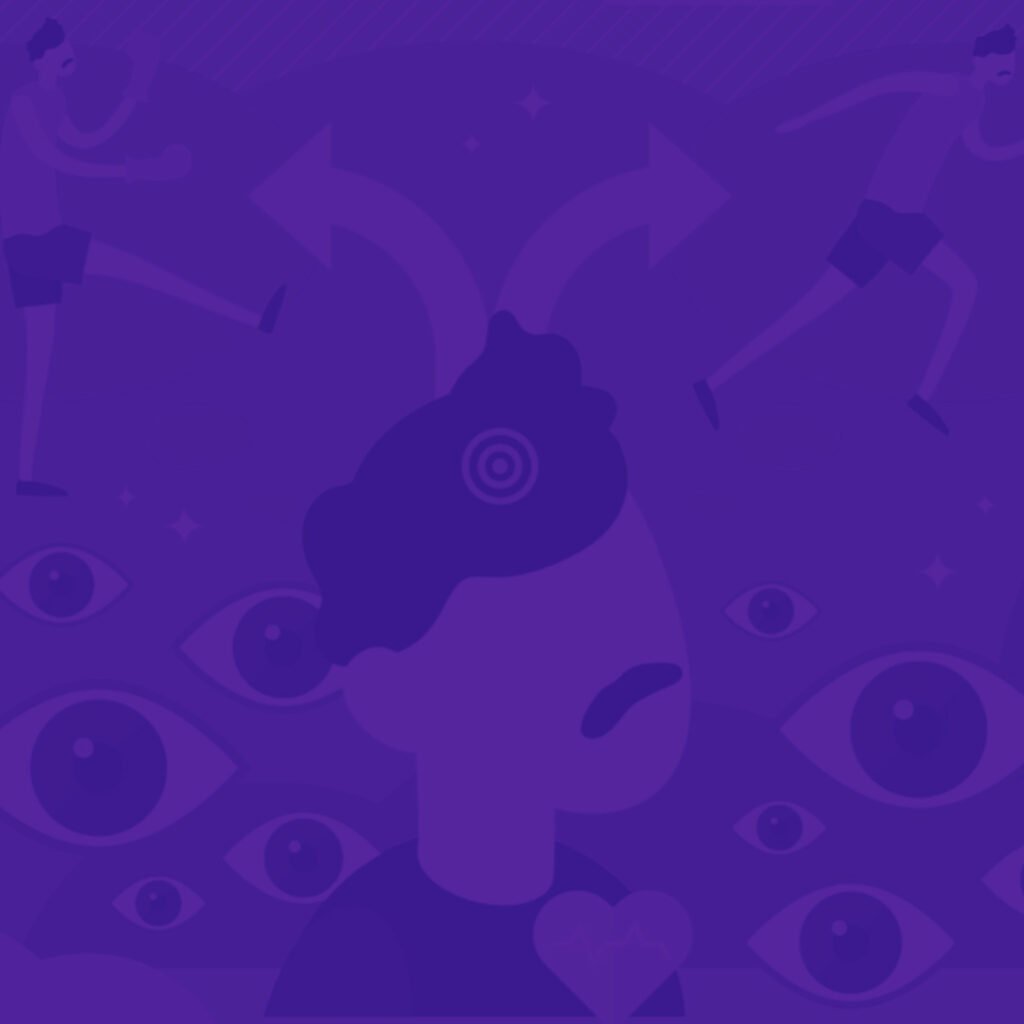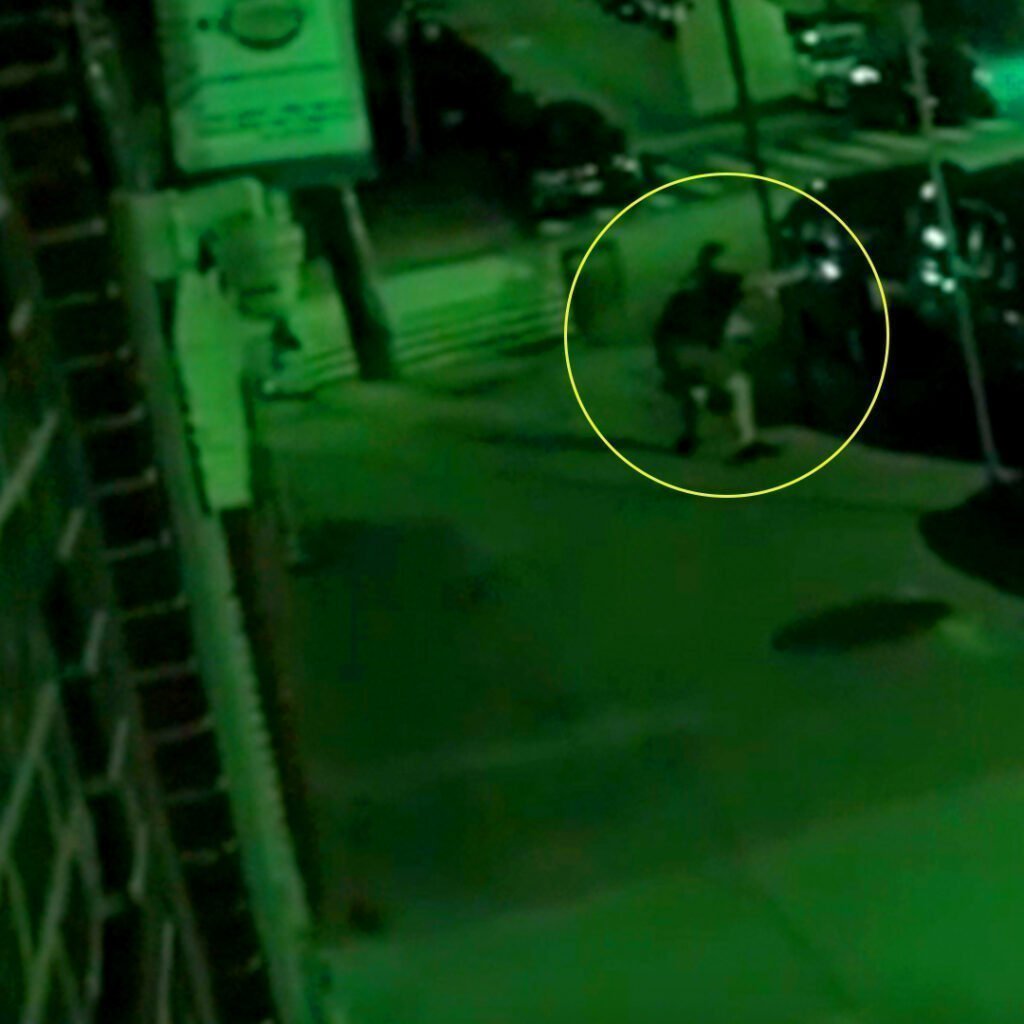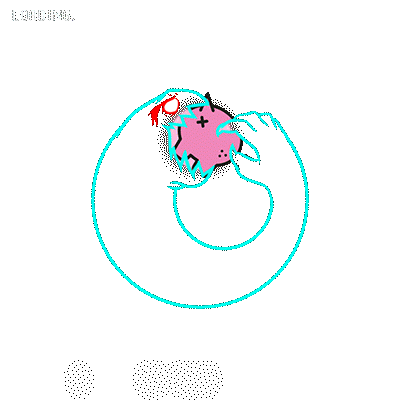As a Brooklynite from Cypress Hills, East New York, I’ve explored the perception of obstacles and the reality of oppression. Growing up, I’ve had interests in physical sports, as well as graffiti. My father, a mixed martial artist, instilled and reinforced in me a sense of independence and resilience. These are just fractions of who we are. And so the point is, while I’ve always felt the need to refrain/holdback physical violence, I’ve also always felt confident in my ability to hold my own.
So… wtf is oppression?
While squabbling ineffectively on Twitter with a sibling, they expressed some reasonable points regarding oppression, and I felt obligated to inquire. I asked them if they would ask me three questions on the topic…
Do you you believe that life is a series of obstacles to overcome for spiritual growth or do you view obstacles as oppression?
Which is the most oppressed people on the planet?
Do you believe it is ingrained in all beings to seek power/territory for their own survival?
— shrimpsoda (@chompalligator) July 10, 2023
Throughout my life, I’ve faced various forms of oppression. One instance of discrimination occurred when I was labeled a Latin King by detectives, preventing me from entering any creative firm that conducted a background check. It is important to note that I have never been a member of any gang or clicked up with any such group. The act of drawing crowns is common among graffiti writers. It could mean achievement, or absolutely nothing, but it has a different specific meaning in the eyes of law enforcement. All crowns are seen by law enforcement as representing the Latin Kings. A five-pointed crown represents love, obedience, sacrifice, respect, and honor. I could respect that, but the misconceptions and societal stereotypes surrounding gang membership have made it difficult to obtain high-paying jobs. Despite my confidence in my abilities, this lie has undoubtedly affected my job prospects. I was not getting callbacks.

Latin King graffiti found on the side of a house
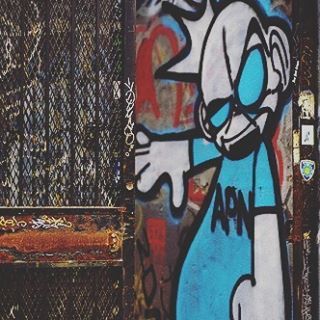
Imp One graffiti character with crown
(this is not what I was being blamed for)
To illustrate the complexity of oppression, let me elaborate a little more. I openly admit to being a graffiti writer here, but on that particular night, I wasn’t involved in any graffiti-related activity, and the graffiti that led to my arrest was not mine. Being locked up is a norm in my upbringing so nobody questioned it, neither did I. Wrong time, wrong place. I found myself being finger printed simply because of the shirt I was wearing and apparently a phone call from a neighbor. Interestingly, I still possess that shirt to this day as a reminder of how easily oppression can manifest. This incident serves as a powerful example of how something as simple as the judgment of an individual based on attire and an unfounded accusation can perpetuate oppression.

Photo of shirt I was wearing that night
Reflecting on my upbringing and environment, it becomes clear that I was raised in an oppressive setting where relationships, both personal and professional, were influenced by discrimination and classism. Questioning authority has frequently resulted in consequences, impacting not only my social skills but also my ability to navigate interactions assertively. These experiences have shaped my perception of oppression and fueled my commitment to shed light on the pervasive nature of societal power dynamics.
Another eye-opening experience for me has been the court system. Though I will not go into specifics due to privacy concerns, I can say that it was a clear attempt to punish me without taking all of the facts into account. I used to believe in the system, naively believing that remaining true to myself would suffice. However, I quickly discovered that the justice system is not always considerate, fair, and equal. I have personally felt a lack of justice, and the environment surrounding it has nearly driven me to self-destruction. At one point in my life, I realized that I would either be locked up or dead. To protect myself, I made the difficult decision to isolate myself from society, which included loved ones and people I respect.
Oppression has an impact that extends beyond external circumstances. It seeps into our dreams and emotions, leaving permanent scars. I recall vividly dreaming about people I care about, only to awaken in tears and pain as the dream was shattered by harsh reality. These emotional scars are a constant reminder of the long-term consequences of oppression. I cannot emphasize enough how critical it is to address not only the visible manifestations of oppression but also the psychological and emotional toll it takes on individuals. I watched as I became increasingly toxic, alienating everyone, from friends to family to clients. I admit that today, I congratulate myself for being self-aware enough to recognize my actions while they were undermining morale, but my god, I had darkness upon my face.
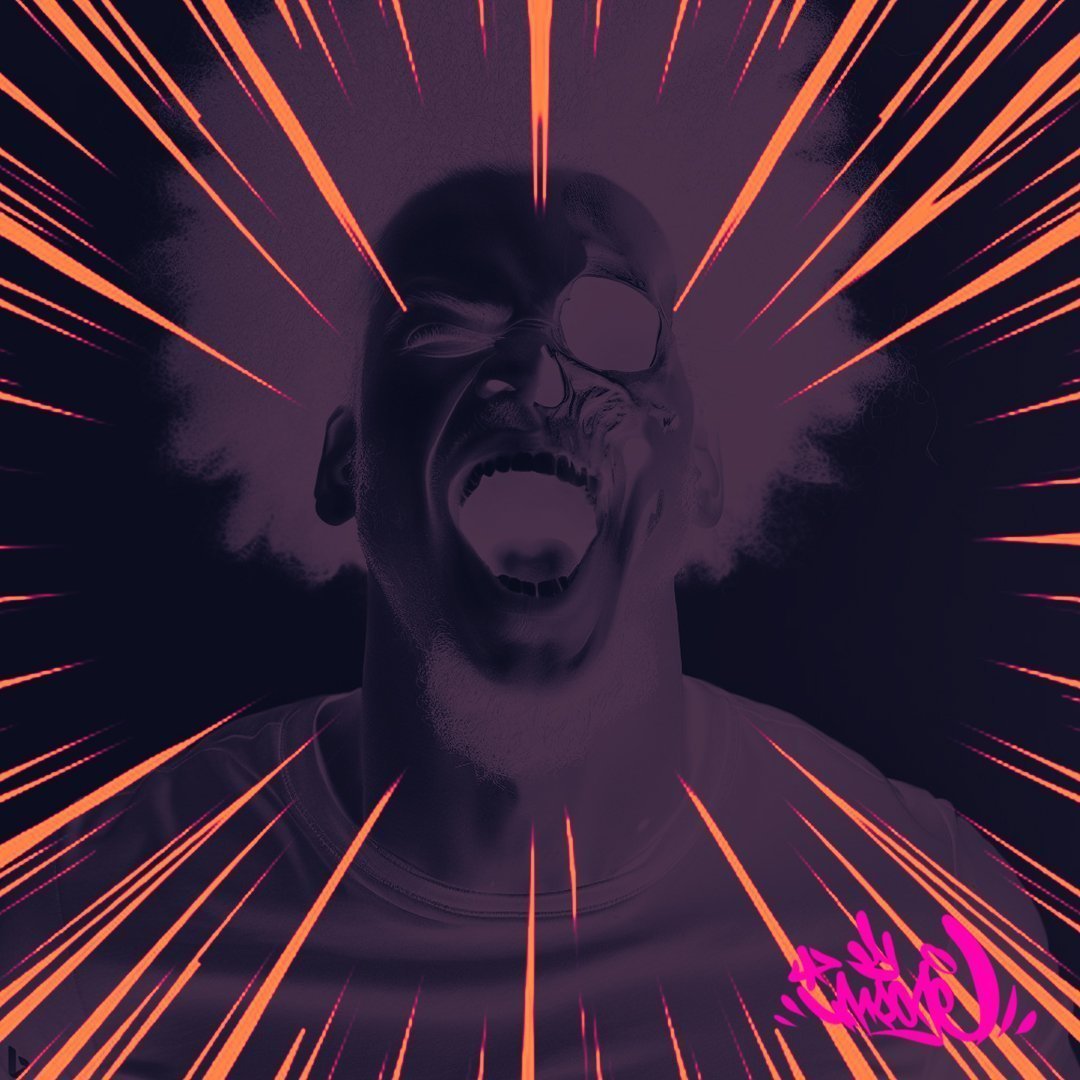
When discussing oppression, discrimination, or racism, I often draw analogies to help convey the complex nature of these issues. I compare it to living in a town with streets you’ve never walked down—streets that hold both untold riches and unseen obstacles. This analogy reflects the beauty and complexity of the world, but it also highlights the disbelief that arises when we encounter the various forms oppression can take. Some streets are no longer there, leaving only a void where joy, curiosity, innovation, and love once thrived. Just the existence of such a black hole should be alarming to all. “How did it get there?”
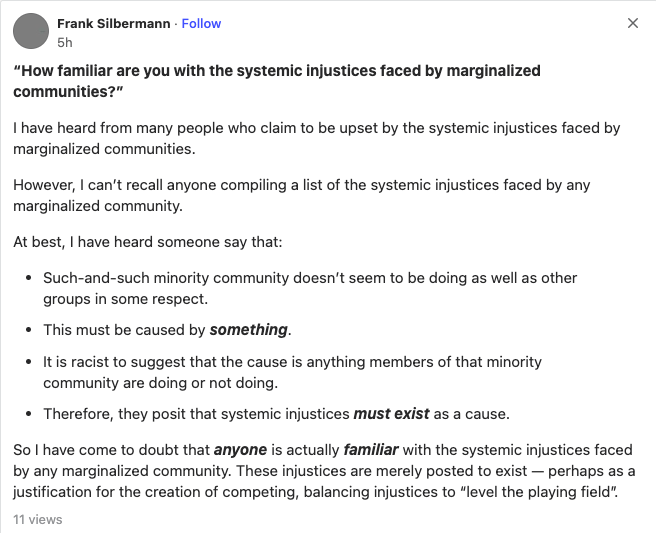
We should never dismiss skepticism, but rather understand it.
From my personal experiences, I am aware of the unimaginable atrocities that some people face. History and documented stories shine a light on the vast capabilities of humanity, encompassing both the good and the bad. As a person of Taíno descent, with a Puerto Rican family, the language and cultural nuances deeply influence my perspective. Our conversations often blend Spanish and English, creating a unique fusion of expressions. Yet, when someone interrupts and corrects us instead of embracing the conversation, it creates a disconnection, a feeling of being misunderstood. This bridge between language and oppression allows me to explore the profound relationship between the “vicious cycle” and the repercussions it brings. When overcompensation begets further overcompensation, due to misunderstanding, it can lead to vilification and, ultimately, various forms of penalization in the real world. It is disheartening, but not surprising, that this cycle of oppression can ultimately result in incarceration, particularly in a country where incarceration rates are alarmingly high.
I compare the misunderstandings that cultural vernacular face and the societal misunderstandings that result in punitive measures for individuals through experience. In both cases, legitimate or ingenuous misinterpretations can have profound consequences. Our society too often fails to comprehend the true intentions and actions of individuals, and this lack of understanding can have devastating effects, leading to incarceration. To be clear, I’m not saying there aren’t antisocial behavior beyond a community’s capabilities. That’s for a conversation about resources. I’m saying it is a reflection of the systemic punishment that our culture instills in those who are misunderstood, perpetuating a cycle of oppression that needs to be addressed and transformed.
Before I made the decision to give up on capitalism and seek an alternative, I had experienced success as a businessperson and artist in the challenging environment of NYC. I bought and sold businesses, owned brick-and-mortar establishments, and collaborated with corporations as an artist. I shook hands with influential individuals and helped others realize their dreams. However, I always recognized the frustrating inconsistencies of life. Nevertheless, I never lost sight of persistence and resilience, both in myself and in others. These qualities, which I witness in everyone, are what enable us to overcome challenges and make things work, even in the face of a system like capitalism that often fails to prioritize the well-being of people.

So, when considering whether challenges are opportunities for growth or oppressive forces, the answer is not straightforward. It depends on who you ask and their unique experiences. However, one thing is clear: oppression can come from unexpected sources, challenging our understanding of power dynamics. Moreover, the euro-centric mindset that pervades modern society has influenced how we perceive one another, shaping the perspectives of even our own siblings. This means that even within our own families, we may unknowingly perpetuate oppressive ideologies and behaviors. It is crucial to recognize these influences and actively work towards creating a more inclusive and equitable society for all.
It’s not about playing the victim or blaming someone other than oneself. For years, I’ve been a tough fucking cookie, no accolades, no recognition, no problem… except that it didn’t avoid needless losses, and some of those losses left scars. We’re not micro-fracturing bone to make it stronger as we do with difficulties; oppressions are lacerations that cut deeper and lengthier than others. Rather for being unable to recover quickly, or because of infections, people aren’t restored into society because of it. That’s the difference.
In sharing my thoughts and experiences, I hope to contribute to a deeper understanding of oppression and its impact on individuals and communities. Through emotional introspection and a desire to inform, I aim to create a space for dialogue that touches the soul and encourages meaningful conversations about societal issues. I am not a victim, but a survivor who has still lost an unnecessarily large amount of opportunities for an unnecessarily long amount of time. And as painful, as that is, I still do my best to fight hate.
AUTHOR
“I’m a warrior, always been a warrior. I’m fighting to be a gardener”








